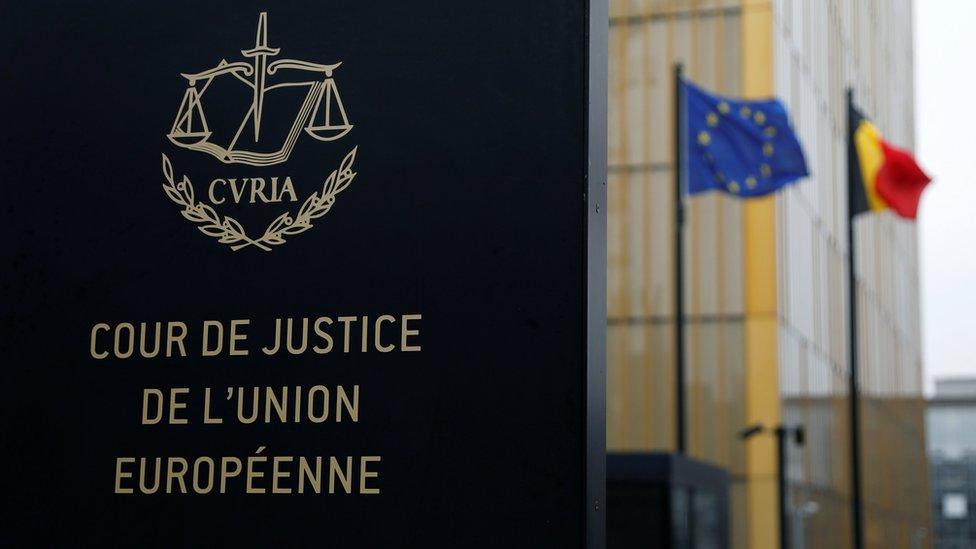Brexit bill is a naked power grab, Carwyn Jones claims
- Published
- comments
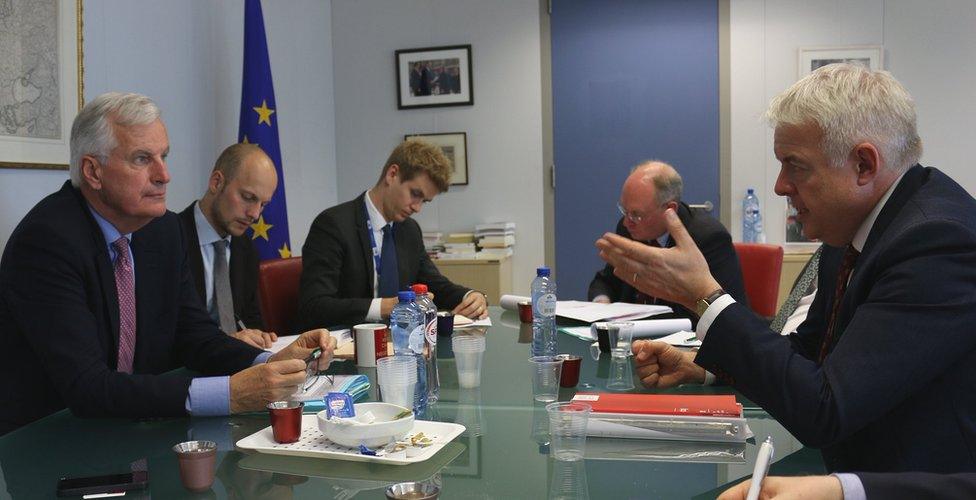
Carwyn Jones (R) presses the case for a "soft Brexit" with the EU's chief negotiator Michel Barnier (L)
A bill to convert EU law into British law is a "naked power-grab" attacking the foundations of devolution, First Minister Carwyn Jones has said.
He and Scottish First Minister Nicola Sturgeon said they cannot back the repeal bill "as it currently stands".
Welsh Secretary Alun Cairns said the legislation provided a platform for Welsh firms to continue trading with the rest of the EU after Brexit.
He said the Welsh Government had itself been involved in drafting the bill.
The repeal bill - published on Thursday as the European Union (Withdrawal) Bill, external - aims to ensure the rules currently set by European law still apply in the UK after Brexit, while giving the UK Parliament power to change them.
UK Brexit Secretary David Davis said he would "work with anyone" to make it the transition a success, but other parties have voiced their opposition.
Mr Jones and Ms Sturgeon condemned the bill in a joint statement issued in Brussels, where they were both meeting the EU's chief Brexit negotiator Michel Barnier.
Carwyn Jones says it is crucial Brexit works for Wales
They said the UK government had "failed utterly" to prove it was serious about Theresa May's call for a "constructive and collaborative approach" to Brexit.
They claimed the bill "does not return powers from the EU to the devolved administrations, as promised".
"It returns them solely to the UK Government and Parliament, and imposes new restrictions on the Scottish Parliament and National Assembly for Wales.
"On that basis, the Scottish and Welsh Governments cannot recommend that legislative consent is given to the Bill as it currently stands."
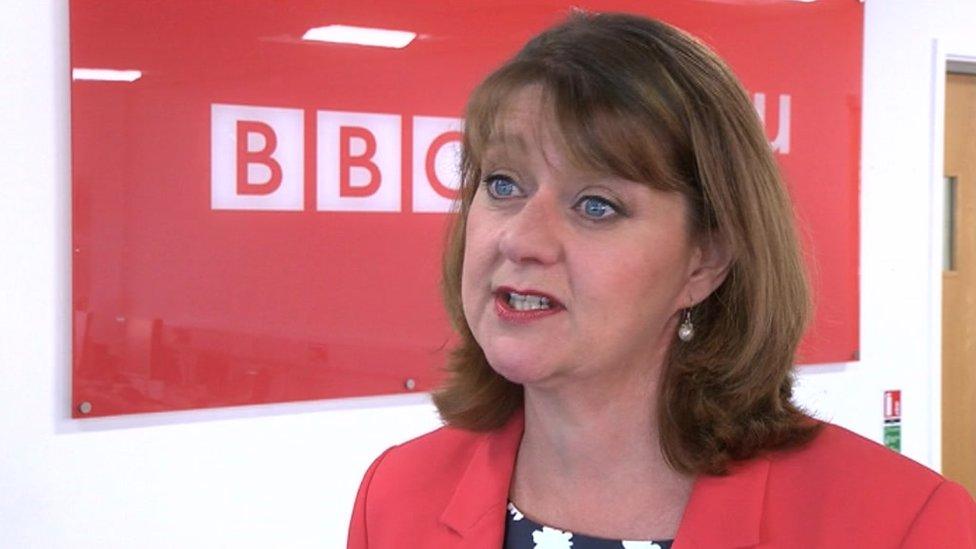
Plaid Cymru leader Leanne Wood says the repeal bill is undemocratic
The first ministers said they had "repeatedly tried to engage with the UK Government on these matters, and have put forward constructive proposals about how we can deliver an outcome which will protect the interests of all the nations in the UK, safeguard our economies and respect devolution".
"Regrettably, the Bill does not do this," they said.
"Instead, it is a naked power-grab, an attack on the founding principles of devolution and could destabilise our economies."
Mr Jones has said he would produce his own legislation, in the form of a Continuity Bill, if he felt the Westminster legislation threatened the powers of the assembly.
Plaid Cymru leader Leanne Wood was also critical, saying: "Wales needs greater powers, not fewer."
"And there's a real question of democracy here," she added.
"This is about taking decisions away from people in Wales and Plaid Cymru frankly will not stand for it."
Secretary of State for Wales Alun Cairns says Welsh ministers helped draft the bill
Welsh Secretary Alun Cairns said the repeal bill would allow businesses in sectors such as agriculture and steel to continue trading with the rest of the EU after Brexit.
"I have got to look Welsh farmers in the eye and tell them, yes, they will be able to have the opportunity to continue to sell their Welsh lambs in France, and across Europe," he said.
"But in order to get to that position we need this framework in place. That is fundamental to the trade arrangements."
Mr Cairns also insisted the Welsh Government had been involved in the drafting of the bill.
"They are content with the replication of what is currently European law on a UK level because they know that allows us to strike the trading arrangement we all want," he said.
Neil Hamilton, UKIP's group leader in the assembly, claimed the first minister's concerns were "totally unfounded", calling the repeal bill a "wonderful result for devolution as we see new powers transferred from Brussels to Cardiff Bay".
"Rather than getting behind Brexit, Carwyn Jones has decided to cross the road to pick a fight with Westminster; one which he cannot hope to win," he added.
'Sabotage'
Mr Jones's meeting with Mr Barnier was taking place despite Welsh ministers having no role in the negotiations with the European Union.
Earlier, the first minister told BBC Radio Wales he wanted to ensure "Wales has a voice", adding: "It's not all about London conducting the negotiations".
Mr Jones was planning to state his opposition to Theresa May's view that leaving the EU without a trade agreement would be better than striking a bad deal.
Monmouth Conservative MP David Davies claimed the first minister's trip to Brussels could be "hugely damaging" and looked like "wilful sabotage".
He accused Mr Jones of "cosying up to the EU to undermine our negotiating strategy".

Analysis by Nick Servini, BBC Wales political editor
Alun Cairns has framed this debate in terms of trade and the constitution, and more specifically around the question of what should come first.
The Welsh Government believes it is an outrage that EU powers in devolved areas will be heading in the direction of Westminster, rather than Cardiff, after Brexit.
Alun Cairns believes that would take too long, and in order for trade to continue with the rest of the EU the morning after we leave, there needs to be a quick way of dumping all the Brussels rules and regulations into a temporary Westminster "holding pattern".
The calculation is that farmers and steelworkers will agree that uninterrupted trade with some of their biggest customers will outrank the constitutional niceties of the devolution settlement.
In the end, this standoff comes down to trust. The Welsh Government is being asked to trust the UK government that this is temporary. It would appear that trust is in short supply.
- Published13 July 2017

- Published11 July 2017
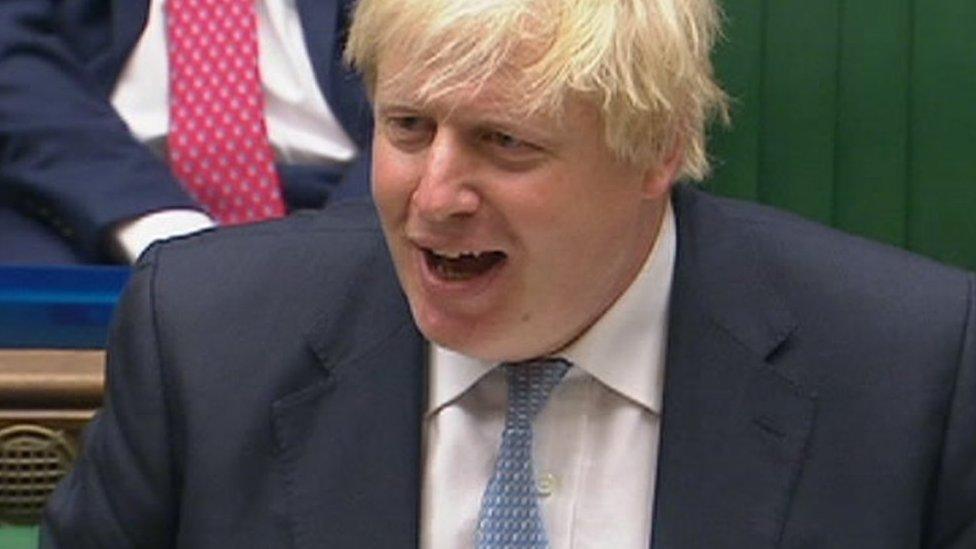
- Published10 July 2017
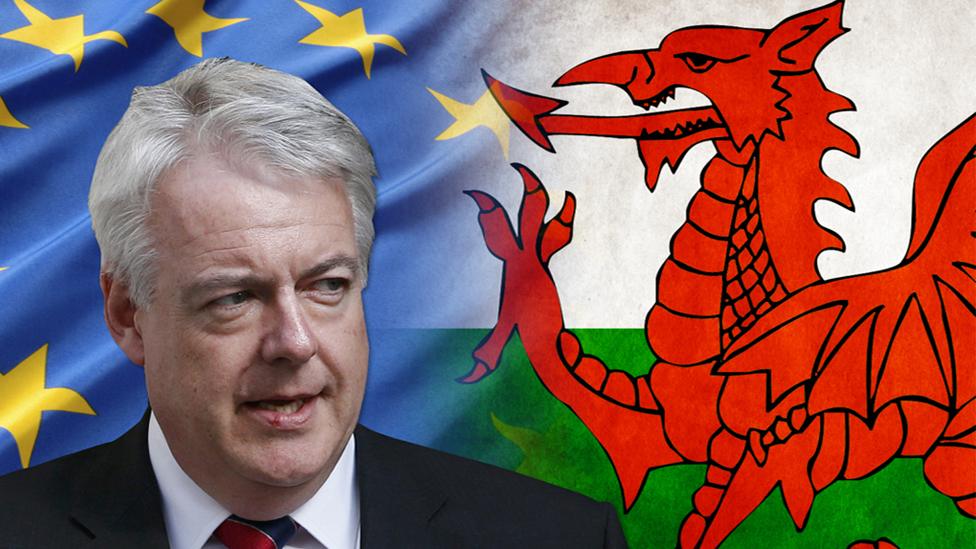
- Published7 July 2017
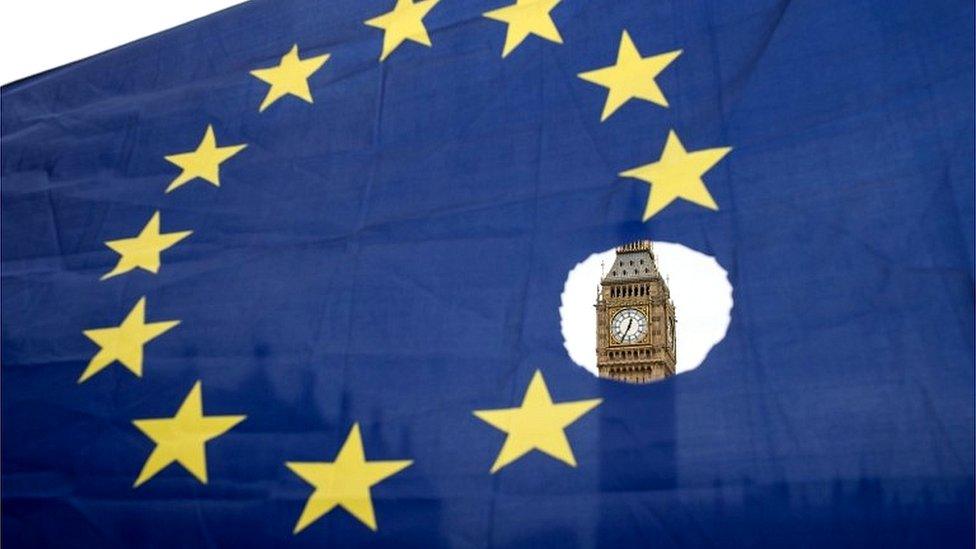
- Published26 June 2017
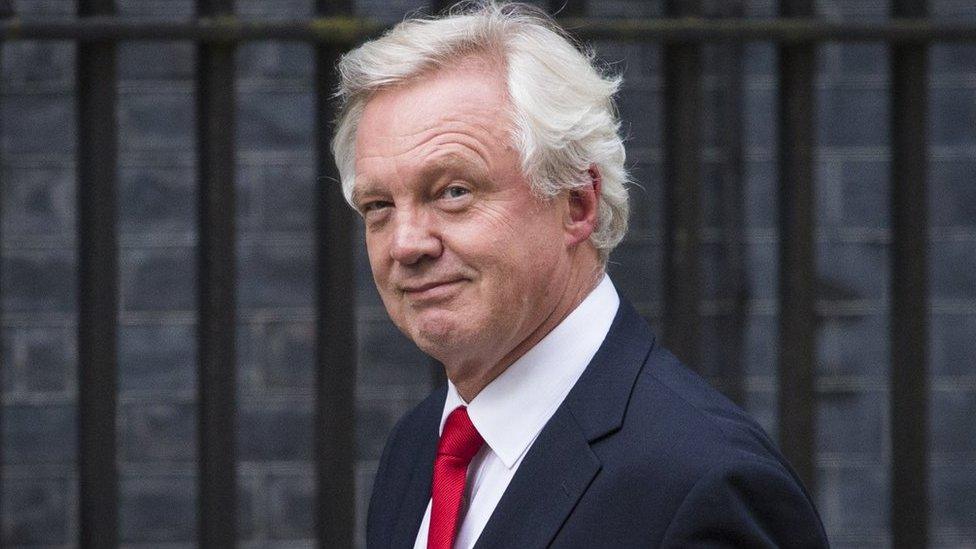
- Published13 November 2017
